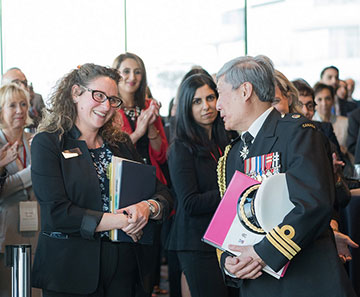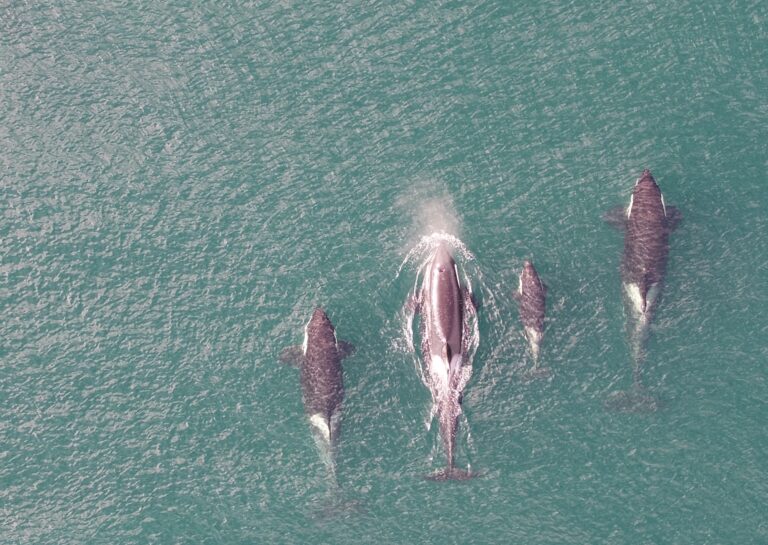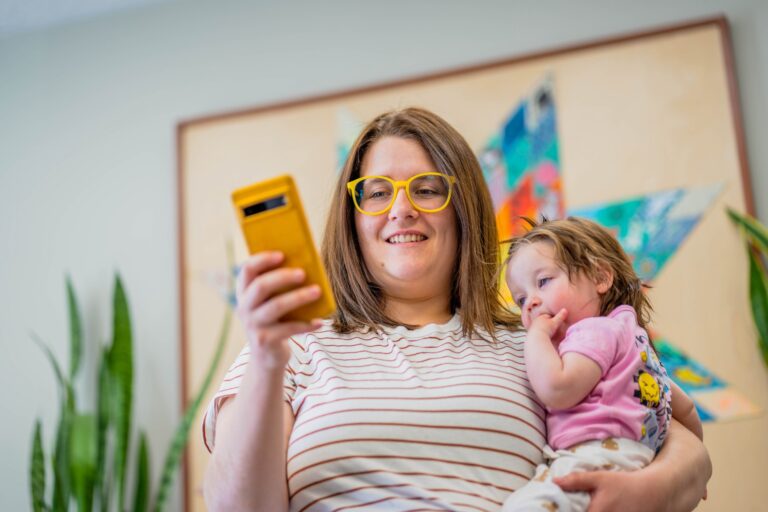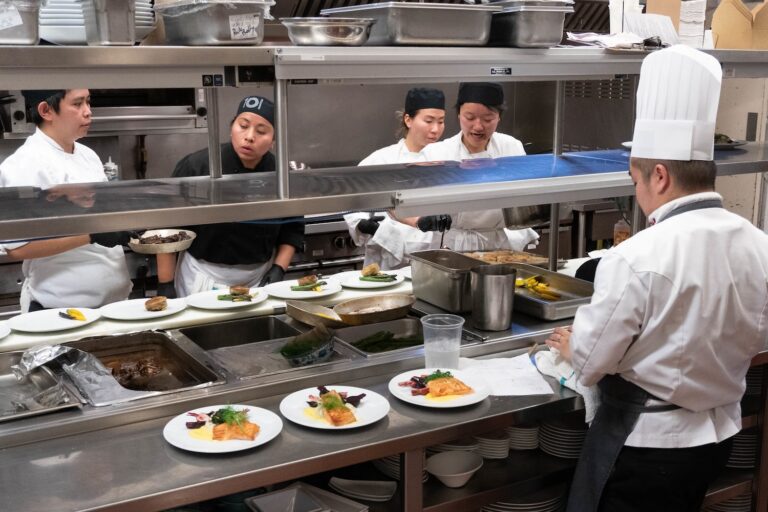Behind the scenes at UBC’s graduation ceremonies
It’s an event that dates back more than 100 years, has involved hundreds of thousands of people, is rife with symbolism, and takes years to plan. Those lucky enough to participate carry the memory with them through their lives. It’s meaningful, it’s joyous, it’s satisfying.

It’s an event that dates back more than 100 years, has involved hundreds of thousands of people, is rife with symbolism, and takes years to plan. Those lucky enough to participate carry the memory with them through their lives. It’s meaningful, it’s joyous, it’s satisfying.
The Olympics? A royal coronation? No, it’s UBC’s graduation ceremony. And to the team at UBC ceremonies and events, it’s serious business.
Video: Behind the scenes of graduation
[big_feature_image src=”https://news.ubc.ca/wp-content/uploads/2019/05/video-screenshot-1.jpg” video_id=”UfmqB2owqEg”][/big_feature_image]
The team marshals and directs the collective energies of 33,600 people throughout the process, from the first planning meeting to the last photo taken of a grad and their guests. There are 28 unique congregation ceremonies over seven days on the UBC Vancouver campus each spring. Every event sees about 300 graduates walk across the stage to accept their degrees amidst the cheers of more than 1,000 family and friends. By the end of the week more than 7,000 students will accept their degrees on stage, and about 16,000 slices of cake will have been served. Thanks to the dedicated professionals and volunteers, each ceremony feels fresh and personal, despite the deeply historic and formal nature of the events.

According to Liz King, director of ceremonies and events at UBC, the secret is in collaboration. Almost nothing is done independently by one team or one group exclusively.
“We have a graduation operations committee that includes 40 to 50 individuals representing academic and non-academic departments across campus,” said King. “Enrolment services, brand and marketing, UBC bookstore, UBC parking, Alumni UBC, colleagues from across faculties—there is someone from the majority of UBC faculties and units involved in graduation.”
Not to mention community volunteers or the many vendors and partners working behind the scenes to make graduation a success.
The ceremonies and events team has a staff of nearly a dozen full-time and part-time employees, and they are typically working in overdrive come spring. Four ceremonies are held each day in the Chan Centre for Performing Arts during grad week, and the team begins planning for them three or four years in advance. In other words, as soon as a new class begins their first year of study at UBC, the team is preparing for their graduation ceremony.
“In the beginning we just look at the numbers—how many students are enrolled in the university for a given year, is it more than the previous year and will we require more space or more ceremonies, or both, to accommodate them when they are ready to graduate?” said King. “Nine months out from a class’ graduation date we start to look at the special considerations each class presents and how the ceremonies will come together.”
[big_feature_image src=”http://news.ubc.ca/wp-content/uploads/2019/05/grad-big-feature-image.jpg”][/big_feature_image]
Graduation ceremonies date back to the first universities in Europe in the 12th century, when Latin was the language of scholarship and the church, trade guilds, and the state heavily influenced the lives of students. Much of the protocol and regalia particular to university graduation ceremonies across North America are rooted in this time, from the caps and gowns worn to the words spoken.
“Some of the most interesting and memorable aspects of traditional graduation ceremonies are these links to the past,” said King. “For example, the mace carried by the macebearer in our ceremonial procession is a symbol dating back 700 years, when they were first carried as symbols of royal authority at events attended by English kings. The gowns used are based on the daily dress of university staff in the Middle Ages, which were modeled on the attire worn by Medieval clergy.”
Modern traditions have evolved, however, and each year new innovations are incorporated by the UBC team.
“Every year we look at what our students want, at what’s happening in our local communities and within the university itself, and we create new ways of celebrating,” said King. “Our most significant new tradition has been a greater acknowledgement of the Musqueam First Nation. For example, during the first ceremony of each graduation session, our Chancellor’s procession is led by a Musqueam drummer, and a representative from the Nation brings welcome to the audience. A message from Musqueam is also included in each of our printed programs, and we acknowledge Musqueam’s traditional relationship with the land UBC sits on at the start of each ceremony when a representative is not present.”
[big_feature_image src=”https://news.ubc.ca/wp-content/uploads/2019/05/Liz-with-Macebearer-and-Mace-2880.jpg”][/big_feature_image]
UBC Vancouver’s congregation ceremony has come a long way. In 1916 when UBC produced its first graduates, just 41 students strolled across the stage to receive their degrees. In 2018, nearly 11,600 students graduated in the spring from UBC Vancouver and Okanagan. The difference in numbers is significant, but the meaning inherent in the ritual is timeless.
“For students and their families graduation symbolizes many things, key among them looking back at everything that’s been achieved, and looking forward to new beginnings,” said King. “We always ask, how do we acknowledge the significant contributions our graduates have made to our community, and also create a lasting and happy memory that helps propel them into this next phase of their lives?”
This is especially important since some of the students may never return to campus. Perhaps they will move away, or weren’t from around here in the first place. The overarching goals of the UBC ceremonies and events team are to celebrate the brilliance of the graduates, to congratulate and honour them, and ultimately to send them off in style—leaving space for them to return, no matter where they land in the future.
“We are building a community of people around the world who once called UBC home,” said King. “We want them to remember it’s always their home—even if they never come back.”



